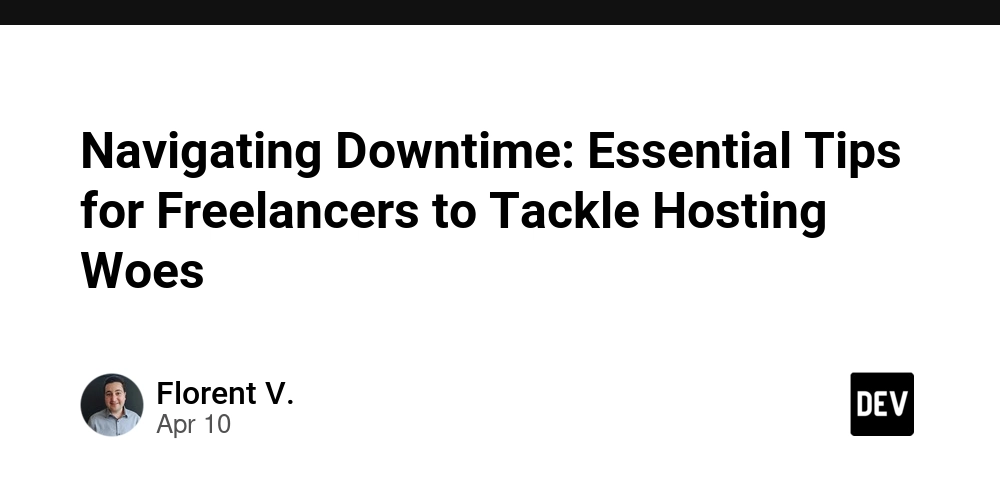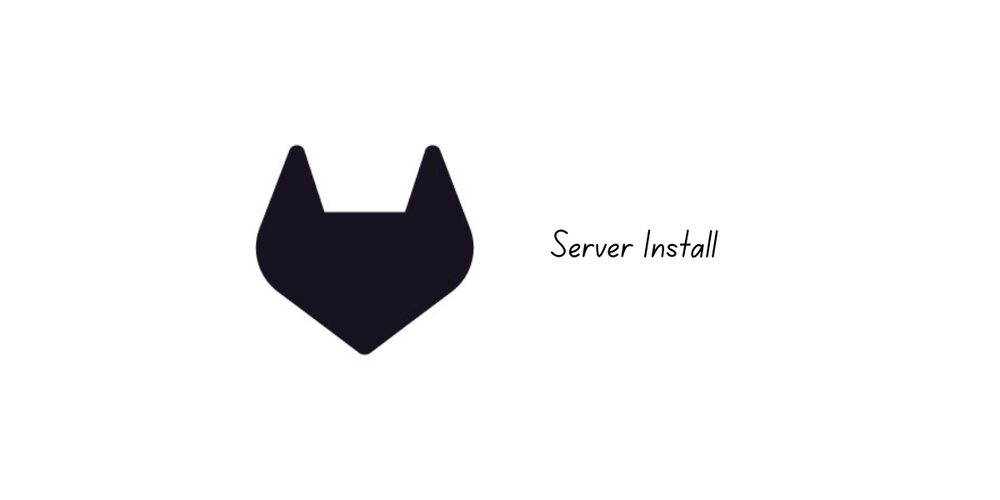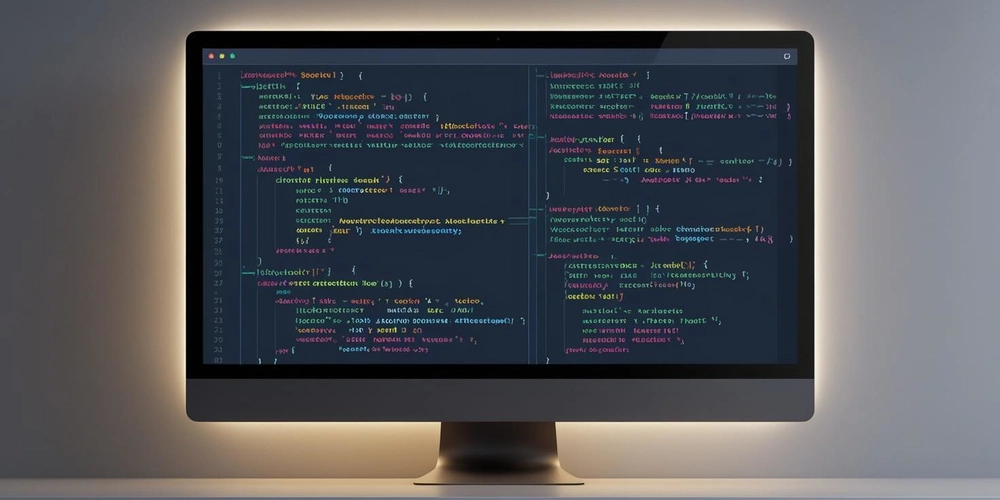Navigating Downtime: Essential Tips for Freelancers to Tackle Hosting Woes
Navigating Downtime: Essential Tips for Freelancers to Tackle Hosting Woes In the fast-paced world of freelancing and eCommerce, downtime can be a death knell for your business. One moment your website is running smoothly, and the next, it’s down for the count. This unpredictability can lead to lost revenue, frustrated clients, and a tarnished reputation. Fortunately, understanding the root causes of hosting issues and implementing strategic solutions can keep your online presence robust and reliable. Let’s dive into essential tips to help you navigate the treacherous waters of hosting downtime. Understand Common Causes of Downtime Before you can tackle hosting woes, it’s crucial to understand what often causes downtime in the first place. Here are some common culprits: Server Overload: Shared hosting plans can lead to performance issues, especially during peak traffic times. If your site shares server resources with too many other sites, slowdowns and crashes can occur. Software Issues: Outdated plugins, themes, or CMS versions can introduce vulnerabilities and conflicts that lead to downtime. DDoS Attacks: Distributed Denial of Service attacks can overwhelm your server with traffic, causing legitimate users to get locked out. Hardware Failures: Physical server issues, such as hard drive failures, can result in unexpected downtime. Understanding these causes will help you proactively manage your website and minimize the risk of interruptions. Choosing the Right Hosting Plan One of the most critical decisions you’ll make as a freelancer or business owner is selecting the right hosting plan. The right choice can drastically reduce your chances of facing downtime. Here are some hosting options to consider: VPS Hosting: Virtual Private Servers offer dedicated resources while still being more cost-effective than dedicated hosting. This option provides better performance and reliability than shared hosting. It’s an excellent choice if you anticipate high traffic or need more control over your server environment. Dedicated Hosting: For those with high-traffic sites or specific performance needs, dedicated hosting provides an entire server for your use. This means no sharing resources with other websites, offering maximum reliability and speed. Check out the VPS and Dedicated Hosting comparison to see which option might suit your needs best. Managed Hosting: With managed hosting, the provider takes care of server maintenance, updates, and security. This can be a game-changer for busy freelancers who want to focus on their work rather than server issues. When selecting a hosting provider, consider factors like uptime guarantees, customer support, and scalability. Reliable providers often offer a money-back guarantee, making it easier to switch if necessary. Implementing Preventative Measures Even with the right hosting plan, downtime can still occur. Here are some preventative measures you can take to safeguard your site: Regular Backups: Ensure you have automated backups in place. This way, if an issue arises, you can restore your site quickly without significant data loss. Monitor Performance: Use monitoring tools to check your site’s performance regularly. They can alert you to issues before they escalate into full-blown downtime. Optimize Your Site: Regularly audit your website for speed and performance. Optimizing images, reducing code bloat, and leveraging caching can make a significant difference in how your site performs under load. Stay Updated: Always keep your software, themes, and plugins up to date. This not only helps with performance but also closes security vulnerabilities that could lead to downtime. By taking these proactive steps, you’ll be better equipped to handle any hosting-related challenges that may arise, ensuring that your website remains a reliable asset for your business. Downtime can be a daunting experience for freelancers and business owners, but it doesn’t have to spell disaster. By understanding the common causes, choosing the right hosting plan, and implementing preventative measures, you can significantly reduce the risk of interruptions. Don’t let hosting woes derail your success; instead, equip yourself with the knowledge and tools to navigate downtime effectively.

Navigating Downtime: Essential Tips for Freelancers to Tackle Hosting Woes
In the fast-paced world of freelancing and eCommerce, downtime can be a death knell for your business. One moment your website is running smoothly, and the next, it’s down for the count. This unpredictability can lead to lost revenue, frustrated clients, and a tarnished reputation. Fortunately, understanding the root causes of hosting issues and implementing strategic solutions can keep your online presence robust and reliable. Let’s dive into essential tips to help you navigate the treacherous waters of hosting downtime.
Understand Common Causes of Downtime
Before you can tackle hosting woes, it’s crucial to understand what often causes downtime in the first place. Here are some common culprits:
- Server Overload: Shared hosting plans can lead to performance issues, especially during peak traffic times. If your site shares server resources with too many other sites, slowdowns and crashes can occur.
- Software Issues: Outdated plugins, themes, or CMS versions can introduce vulnerabilities and conflicts that lead to downtime.
- DDoS Attacks: Distributed Denial of Service attacks can overwhelm your server with traffic, causing legitimate users to get locked out.
- Hardware Failures: Physical server issues, such as hard drive failures, can result in unexpected downtime.
Understanding these causes will help you proactively manage your website and minimize the risk of interruptions.
Choosing the Right Hosting Plan
One of the most critical decisions you’ll make as a freelancer or business owner is selecting the right hosting plan. The right choice can drastically reduce your chances of facing downtime. Here are some hosting options to consider:
- VPS Hosting: Virtual Private Servers offer dedicated resources while still being more cost-effective than dedicated hosting. This option provides better performance and reliability than shared hosting. It’s an excellent choice if you anticipate high traffic or need more control over your server environment.
- Dedicated Hosting: For those with high-traffic sites or specific performance needs, dedicated hosting provides an entire server for your use. This means no sharing resources with other websites, offering maximum reliability and speed. Check out the VPS and Dedicated Hosting comparison to see which option might suit your needs best.
- Managed Hosting: With managed hosting, the provider takes care of server maintenance, updates, and security. This can be a game-changer for busy freelancers who want to focus on their work rather than server issues.
When selecting a hosting provider, consider factors like uptime guarantees, customer support, and scalability. Reliable providers often offer a money-back guarantee, making it easier to switch if necessary.
Implementing Preventative Measures
Even with the right hosting plan, downtime can still occur. Here are some preventative measures you can take to safeguard your site:
- Regular Backups: Ensure you have automated backups in place. This way, if an issue arises, you can restore your site quickly without significant data loss.
- Monitor Performance: Use monitoring tools to check your site’s performance regularly. They can alert you to issues before they escalate into full-blown downtime.
- Optimize Your Site: Regularly audit your website for speed and performance. Optimizing images, reducing code bloat, and leveraging caching can make a significant difference in how your site performs under load.
- Stay Updated: Always keep your software, themes, and plugins up to date. This not only helps with performance but also closes security vulnerabilities that could lead to downtime.
By taking these proactive steps, you’ll be better equipped to handle any hosting-related challenges that may arise, ensuring that your website remains a reliable asset for your business.
Downtime can be a daunting experience for freelancers and business owners, but it doesn’t have to spell disaster. By understanding the common causes, choosing the right hosting plan, and implementing preventative measures, you can significantly reduce the risk of interruptions. Don’t let hosting woes derail your success; instead, equip yourself with the knowledge and tools to navigate downtime effectively.




























![[Webinar] AI Is Already Inside Your SaaS Stack — Learn How to Prevent the Next Silent Breach](https://blogger.googleusercontent.com/img/b/R29vZ2xl/AVvXsEiOWn65wd33dg2uO99NrtKbpYLfcepwOLidQDMls0HXKlA91k6HURluRA4WXgJRAZldEe1VReMQZyyYt1PgnoAn5JPpILsWlXIzmrBSs_TBoyPwO7hZrWouBg2-O3mdeoeSGY-l9_bsZB7vbpKjTSvG93zNytjxgTaMPqo9iq9Z5pGa05CJOs9uXpwHFT4/s1600/ai-cyber.jpg?#)














































































































































![[The AI Show Episode 144]: ChatGPT’s New Memory, Shopify CEO’s Leaked “AI First” Memo, Google Cloud Next Releases, o3 and o4-mini Coming Soon & Llama 4’s Rocky Launch](https://www.marketingaiinstitute.com/hubfs/ep%20144%20cover.png)




































































































































































































![Rogue Company Elite tier list of best characters [April 2025]](https://media.pocketgamer.com/artwork/na-33136-1657102075/rogue-company-ios-android-tier-cover.jpg?#)








































































_Andreas_Prott_Alamy.jpg?width=1280&auto=webp&quality=80&disable=upscale#)



























































































![What’s new in Android’s April 2025 Google System Updates [U: 4/18]](https://i0.wp.com/9to5google.com/wp-content/uploads/sites/4/2025/01/google-play-services-3.jpg?resize=1200%2C628&quality=82&strip=all&ssl=1)










![Apple Watch Series 10 Back On Sale for $299! [Lowest Price Ever]](https://www.iclarified.com/images/news/96657/96657/96657-640.jpg)
![EU Postpones Apple App Store Fines Amid Tariff Negotiations [Report]](https://www.iclarified.com/images/news/97068/97068/97068-640.jpg)
![Apple Slips to Fifth in China's Smartphone Market with 9% Decline [Report]](https://www.iclarified.com/images/news/97065/97065/97065-640.jpg)



































































































































